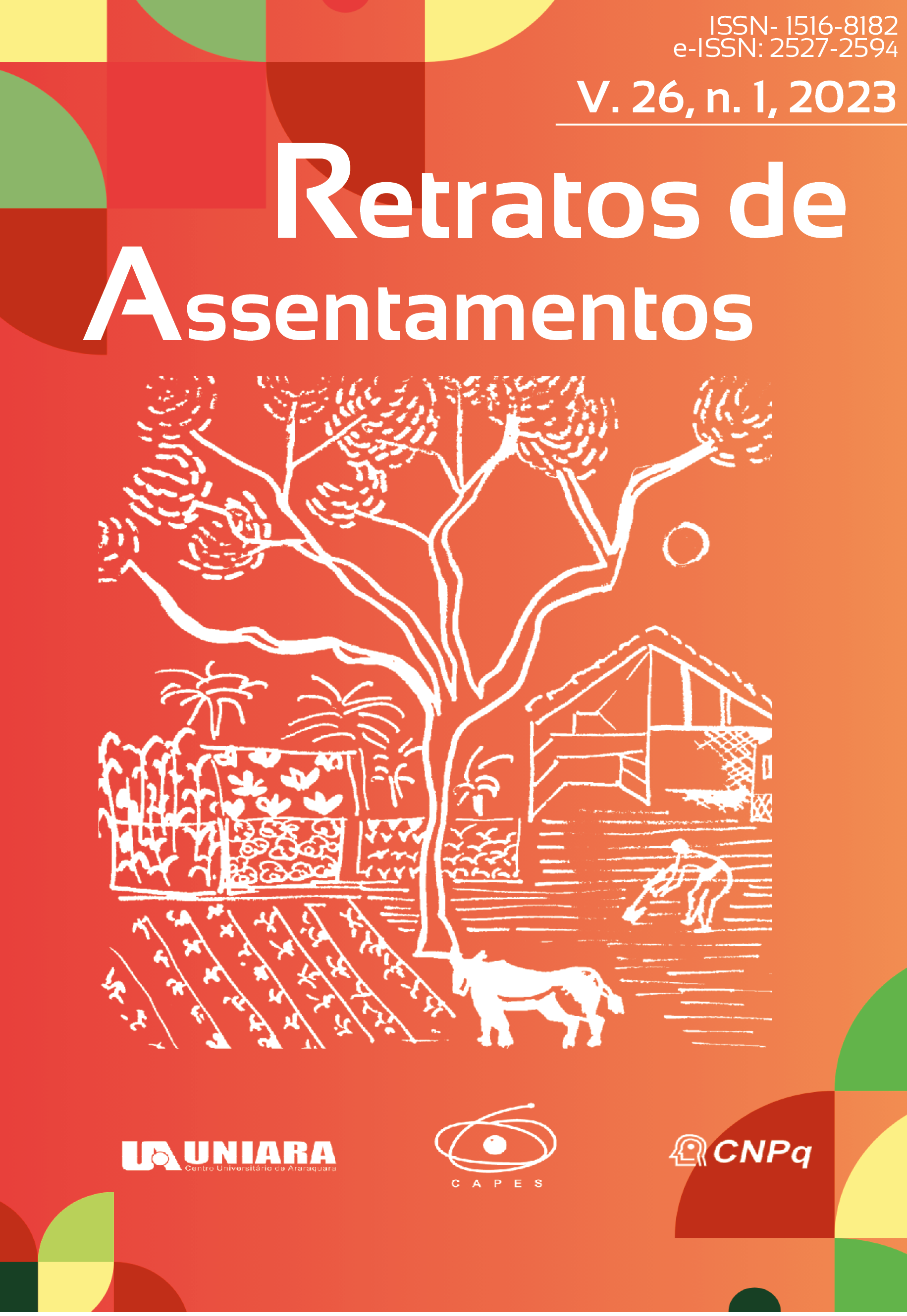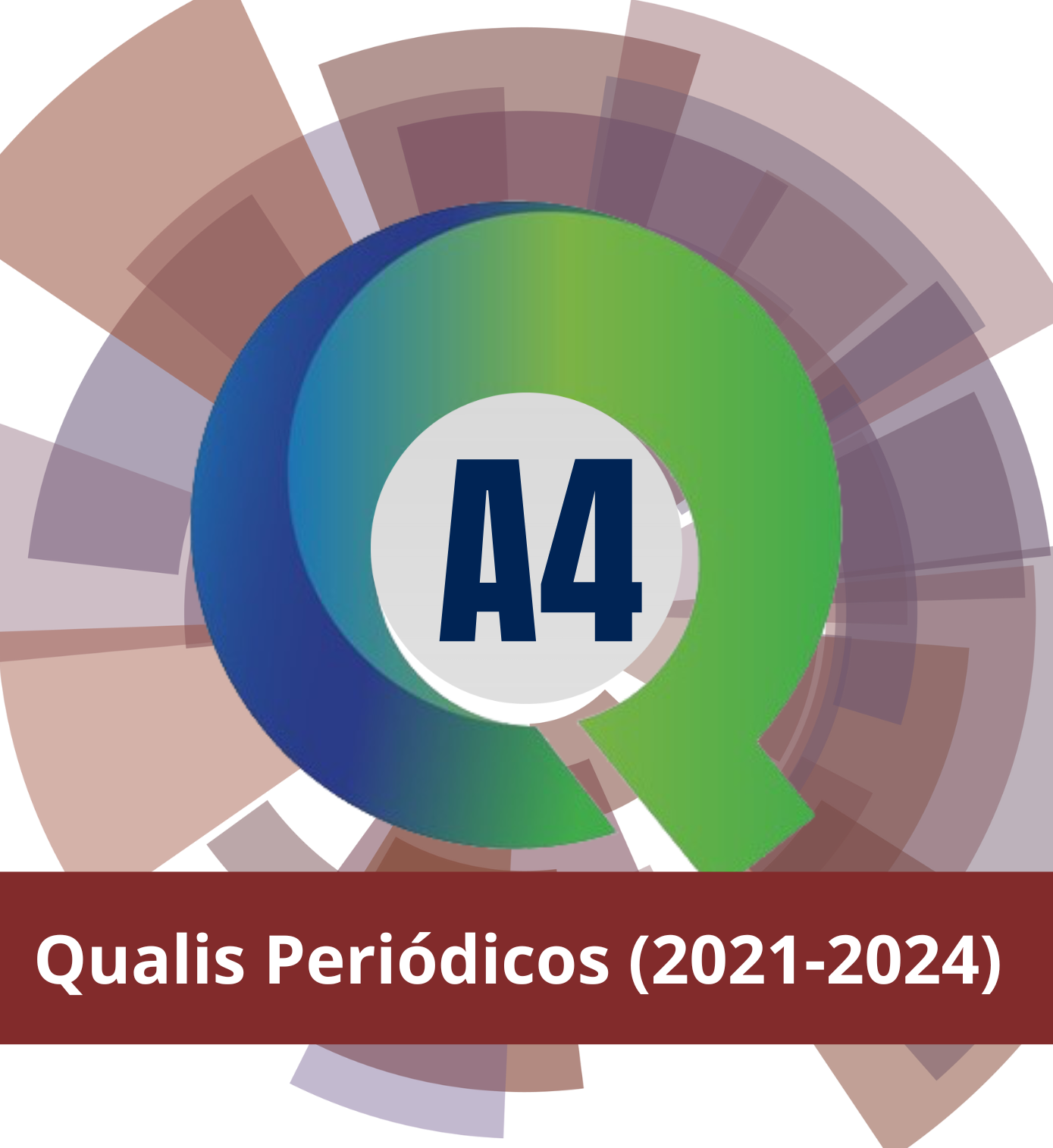Educação na Reforma agrária e sustentabilidade: marcos do passado e horizontes do presente
DOI:
https://doi.org/10.25059/2527-2594/retratosdeassentamentos/2023.v26i1.534Keywords:
Educação do Campo. PRONERA. Escola. Movimentos sociais. Sustentabilidade.Abstract
This essay discusses the National Program of Education in Agrarian Reform (PRONERA) using the process of formation of this policy as an achievement of Rural Education. The objective is to report historically how PRONERA and Rural Education have contributed to the training of rural students and educators with environmental sustainability practices. We make, at first, a cut of this process of construction of education in rural areas, focusing on the struggle and resistance of the working class for an education that contemplated its specificities. Subsequently, we present a brief account of PRONERA and how it contributes to the formation of peasant subjects. PRONERA aims to implement educational actions for the population of the Agrarian Reform camps and settlements and is defined as a public education policy, its actions are aimed at the formation of Campo subjects and in these actions the concern with environmental conservation and recovery is present. Thus, we conclude by seeking to present how rural education based on PRONERA can act in the face of struggles for environmental sustainability. In view of this, we arrive at the argument that PRONERA is a public policy with multidimensional potential for actions aimed at sustainability and has a strategic place for the nation to be able to fulfill the various commitments it has assumed in the global environmental agenda.
Downloads
Published
How to Cite
Issue
Section
License

This work is licensed under a Creative Commons Attribution-NonCommercial-NoDerivatives 4.0 International License.
O(s) autor(es) autoriza(m) a publicação do artigo na revista;
• O(s) autor(es) garante(m) que a contribuição é original e inédita e que não está em processo de avaliação em outra(s) revista(s);
• A revista não se responsabiliza pelas opiniões, ideias e conceitos emitidos nos textos, por serem de inteira responsabilidade de seu(s) autor(es);
• É reservado aos editores o direito de proceder ajustes textuais e de adequação do artigo às normas da publicação.
Autores mantêm os direitos autorais e concedem à revista o direito de primeira publicação, com o trabalho simultaneamente licenciado sob a Licença Creative Commons Attribution, que permite o compartilhamento do trabalho com reconhecimento da autoria e publicação inicial nesta revista.
Autores têm autorização para assumir contratos adicionais separadamente, para distribuição não exclusiva da versão do trabalho publicada nesta revista (ex.: publicar em repositório institucional ou como capítulo de livro), com reconhecimento de autoria e publicação inicial nesta revista.
Autores têm permissão e são estimulados a publicar e distribuir seu trabalho online (ex.: em repositórios institucionais ou na sua página pessoal) a qualquer ponto antes ou durante o processo editorial, já que isso pode gerar alterações produtivas, bem como aumentar o impacto e a citação do trabalho publicado (Veja O Efeito do Acesso Livre) em http://opcit.eprints.org/oacitation-biblio.html















